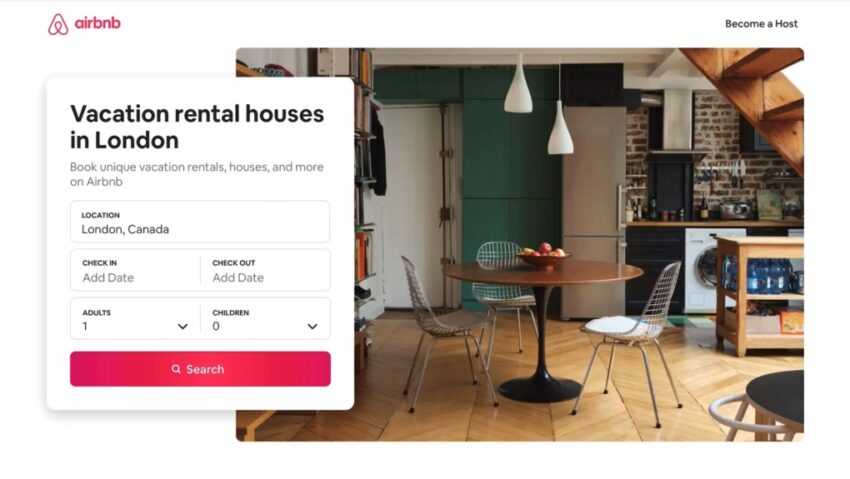A month after London began licensing Airbnb, Vrbo, and other short-term accommodations — only a handful of applications have been received.
According to city hall, just 20 applications are being reviewed.
At the same time, almost 700 local rentals are listed on the Airbnb website, though it’s unknown how many will meet the requirements for a license.
“No, we haven’t yet applied for a license,” says a London-based Airbnb host who asked not to be identified by name. “When the license is almost as expensive as the penalty, there is that cost-benefit analysis.”
Operating without a license could prove costly, fines start at $500 per day and could be doubled for repeat offenders.
The host explains to CTV News that she supports inspections to ensure fire safety and other industry standards, but London’s by-law is too costly and restrictive.
The requirements for a license include:
- Paying an annual $175 fee
- Charging guests the four per cent municipal hotel tax
- Submitting to possible inspection
- Rented space be at the host’s primary residence
The ‘primary residence’ requirement effectively ends out-of-town and multiple-unit hosting in London.
In June, several councillors expressed hope that the requirement would eliminate nuisance parties and potentially return some properties to the housing market.
In a statement director of municipal compliance, Orest Katolyk, writes: “Active compliance investigations (are) ongoing where the property owner does not reside at the address advertised.”
Katolyk adds that licenses granted this autumn will be valid through the end of 2023.
Enforcement of business licenses for qualifying rentals will begin February 1.
Applications for a short-term accommodation license can be submitted on the city website.

